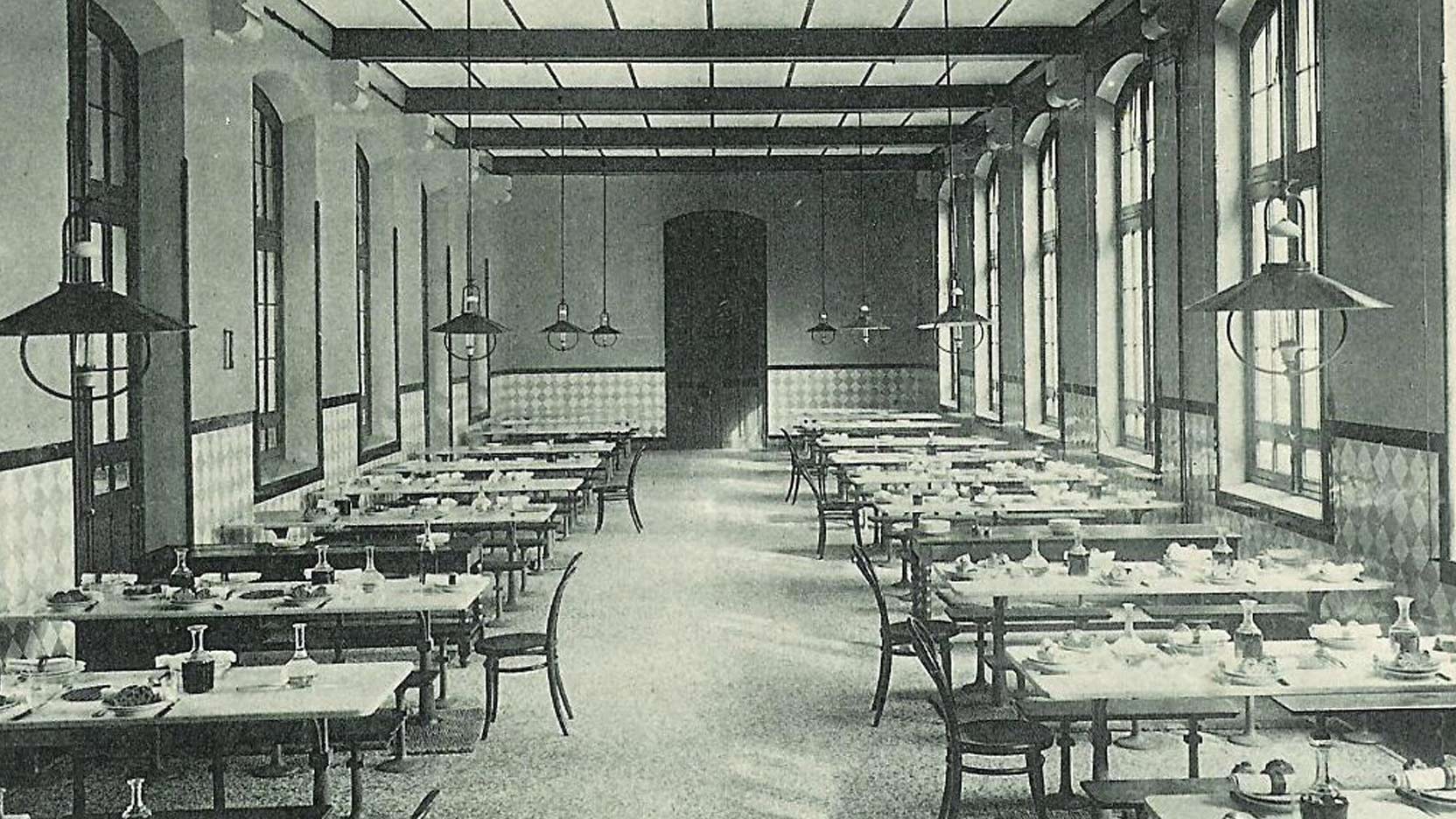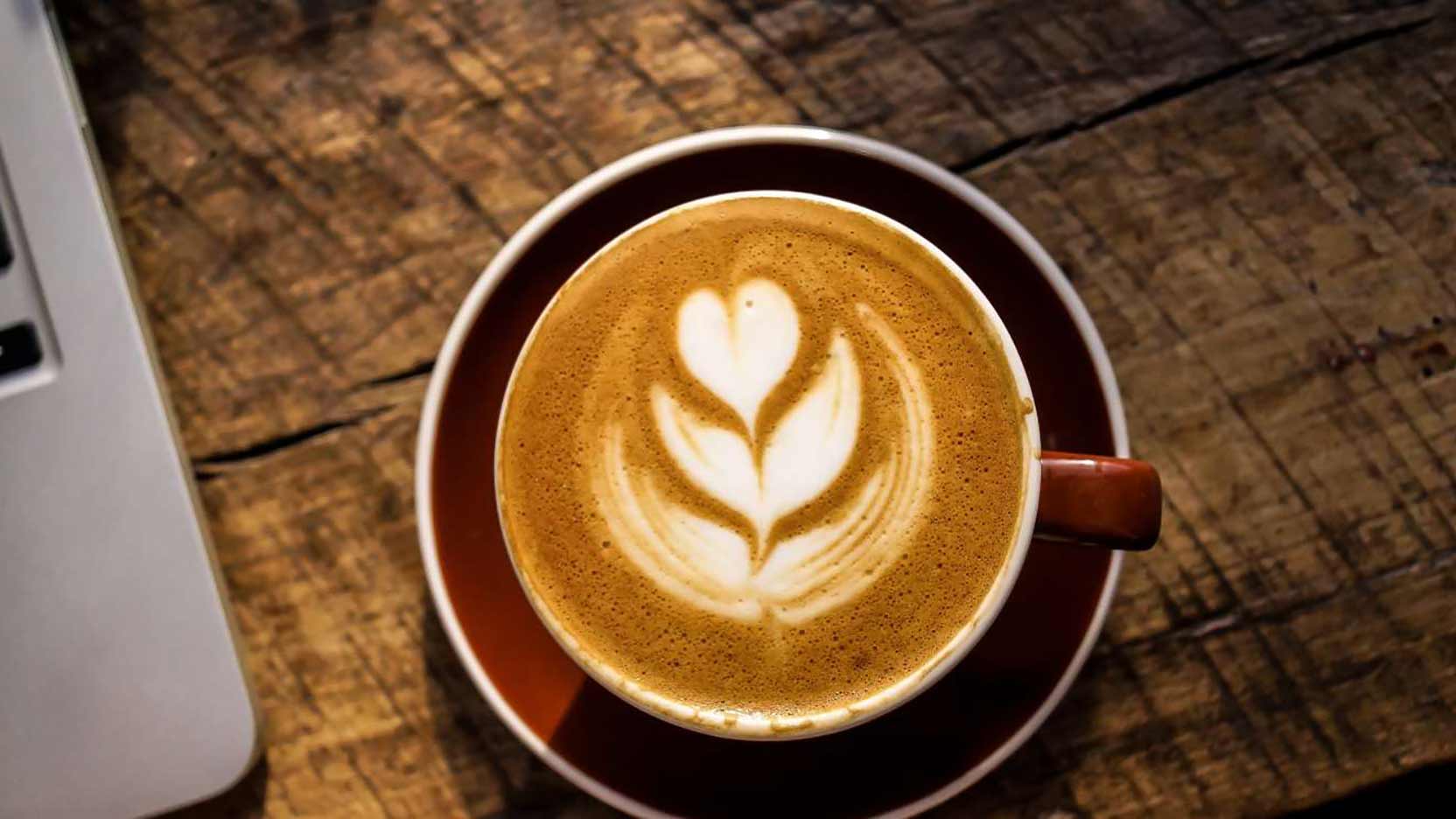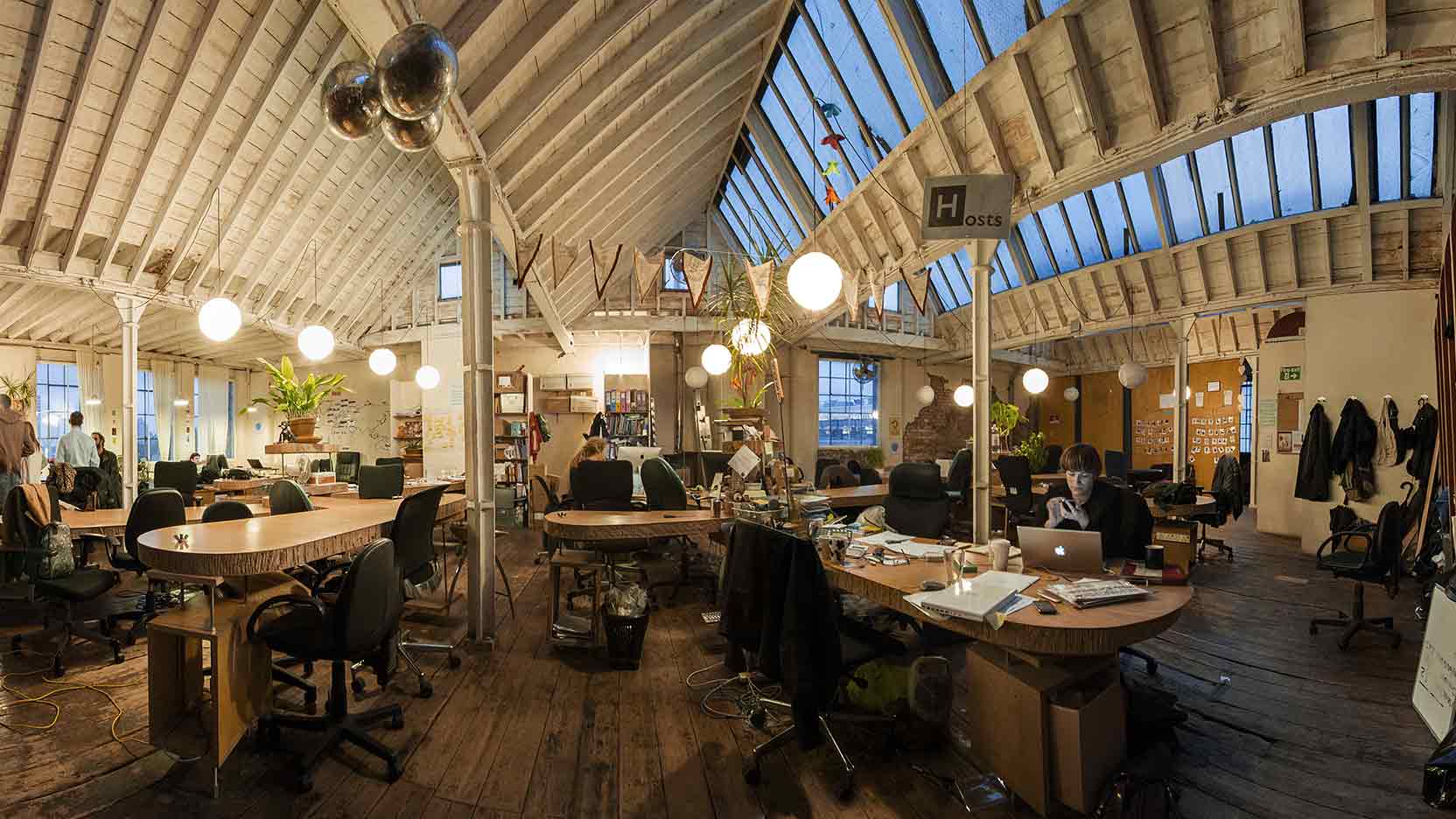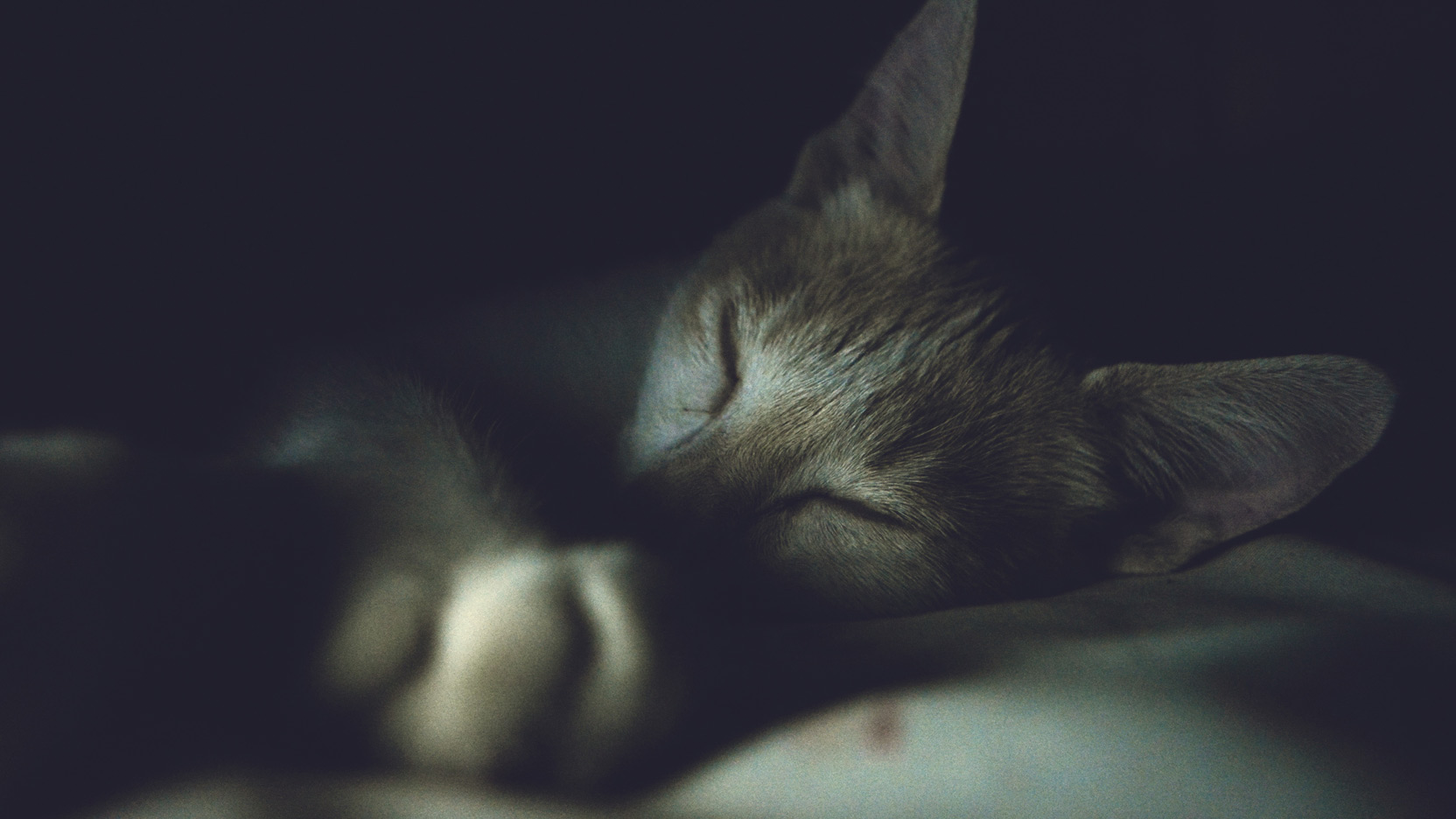For many years, declaring that a restaurant was like the works canteen was not considered a compliment as it conjured up an image of unwelcoming neon lighting, lukewarm instant mashed potatoes and unending discussions about the weather. Today, while for many people the lunch break is a hastily eaten sandwich, in many cases in France it has become synonymous with an enjoyable meal with colleagues or a moment of calm for oneself in the working day.
Shared meals have existed for centuries from religious communities to military situations. In 1866, the Bank of France provided employees with the possibility of lunching together in a self-managed canteen. But this type of collective dining for company employees only became widespread in the sixties under pressure from the unions and other employee organizations.
In parallel, since the end of the 20th century, food and eating well has become an issue for society as illustrated by the introduction of public food policies such as the Programme National Nutrition Santé (PNNS, national health nutrition programme) in France. Above all, though, eating well is of personal importance. The French still look on lunch as a time for pleasure and are not prepared to eat badly. With this demand from the population, the catering firms managing company canteens have no other choice but to adapt and vie with each other to find ingenious ways of satisfying diners: more welcoming surroundings, salad bars, partnerships with leading chefs, vegetarian menus and so on.
The time constraint also has to be taken into consideration: about 30 years ago the average French lunch break lasted an hour and a half, nowadays the average is twenty minutes, which is the minimum legal time. The introduction of lunch vouchers in 1957 led to the development of more fast-food restaurants. Nevertheless, unlike many countries, the French eat at a fixed time and sit down at a table, even if they do not have much time to do so: 54% sit down for their meal at 12.30 pm.
Restaurants invited into offices
Numerous solutions have been developed to save workers time, for instance takeaway delivery services to offices. On-line orders have come a long way since the days of pizza deliveries on scooters on big match evenings. In all big French cities, it is now possible to have all kinds of cuisine delivered on environmentally-friendly bicycles. Deliveroo, Foodora and Take It Easy are just a few of the impressive range of delivery services, of which there are so many it is possible to enjoy a different speciality every day. Taking the restaurant as close to workers as possible is also the idea behind food-trucks, the moving kitchens that are cropping up more and more in front of office buildings in business districts.
In keeping with their reputation as gourmets, the French consider that lunch is a sociable event. It is an opportunity to chat with colleagues or even meet new people. Indeed this is the principle behind the application “My Busy Meal”, which uses the geo-localization of the “busy people” registered on its platform to meet for lunch or dinner, it is a sort of professional Tinder. The same principle applies for “LikeLunch”, which uses Linkedin profiles to bring people of similar profiles together for lunch. Marie Schneegans, after observing that in the large company where she worked employees did not know each other, created the mobile app “Never Eat Alone”. The platform enables employees in the same company to plan lunches between themselves. Forging ties with each other not only makes employees happier at work, but improves their creativity and productivity.
A lunch break means more than just the time it takes to eat, it can also provide time for an activity alone or with colleagues. The Louvre, for example, organizes concerts and talks at lunchtime, and the Arts Décoratifs museum in Lyon organizes visits entitled “One hour, one work”. For more creative souls, the online platform superprof.fr streams painting lessons between twelve and two. The lunch break is also a time to do yourself some good: swimming pools and sports clubs are very busy midday, “nap bars” have also opened in most large French cities, and Medit@work even has group meditation sessions, to be followed directly from your desk.
So when we use our lunch breaks to take time for ourselves, learn or meet new people, it is a far cry from the dreary, monotonous lunch times that used to exist. And those people like Rob Rhinehart promising a future without meals – to be replaced by a simple nutritional powder – have a long way to go before they will make the French give up such an important moment in the day.



